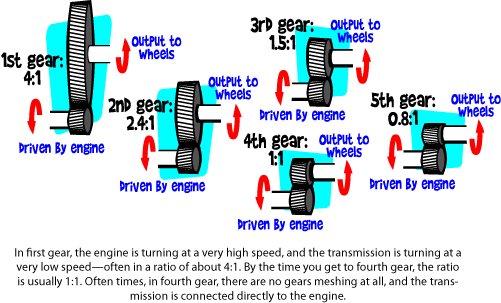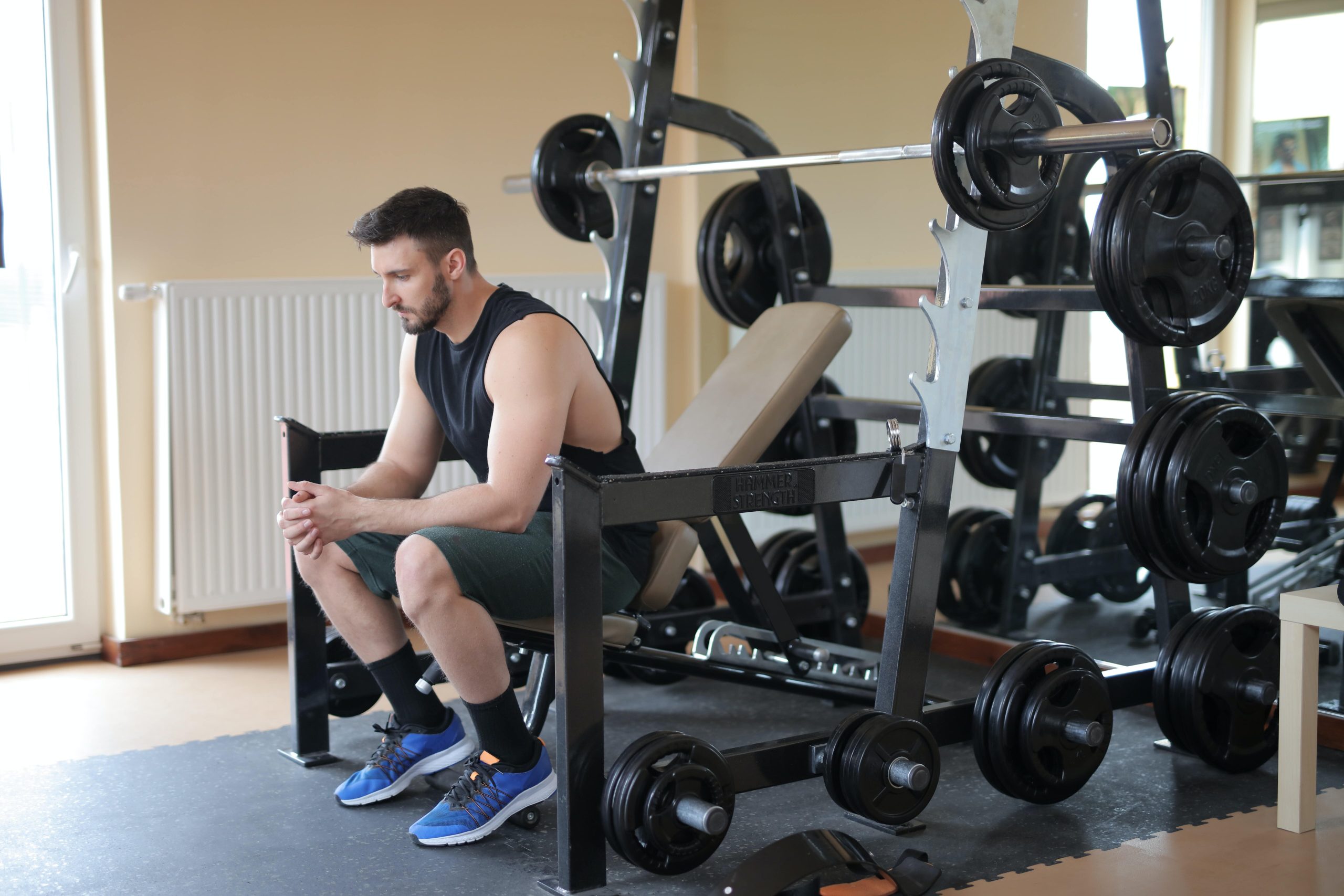Mastering the Physical Fitness Test, A Comprehensive Guide:
Achieving success in a physical fitness test is not just about brute strength, but a culmination of several factors including endurance, flexibility, and mental fortitude. Whether you’re preparing for a military entrance test, a sports competition, or simply aiming toflourish your overall fitness, this guide will provide you with essential tips and strategies to excel in your physical fitness test.
Set Clear Goals
Before you embark on any fitness journey, it’s crucial to establish clear, realistic goals. Determine the specific components of the test (e.g., running, push-ups, sit-ups) and set target scores for each. This will give you a tangible objective to work towards and help you track your progress effectively.
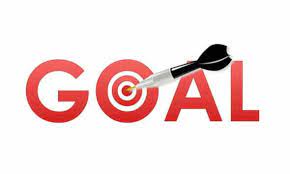
Structured Training Plan
A well-structured training plan is the backbone of any successful fitness regimen. Incorporate a balanced mix of cardiovascular exercises, strength training, and flexibility routines into your schedule. A progressive and varied routine will prevent plateaus and keep you involved in your training.

Cardiovascular Endurance
Improving cardiovascular fitness is often a cornerstone of fitness tests. Engage in activities like running, cycling, or swimming to enhance your inflexibility. Interval training, which involves alternating between high-intensity bursts and recovery periods, is an excellent way to boost cardiovascular stamina.
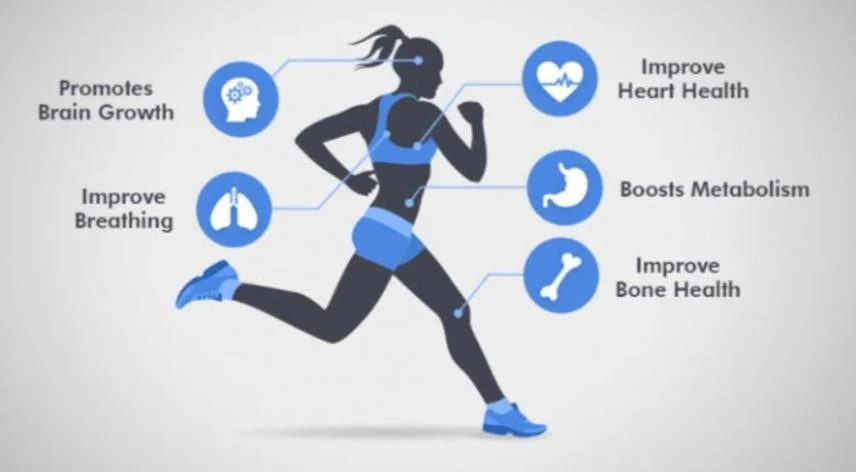
Strength Training
Build functional strength by incorporating resistance exercises. Focus on compound movements like squats, deadlifts, and push-ups, which engage multiple muscle groups simultaneously. Gradually increase the intensity and volume of your strength workouts to see substantial progress.

Core Stability and Flexibility
A strong core is vital for overall stability and posture. Incorporate exercises like planks, Russian twists, and leg raises to target your core muscles. Flexibility exercises like yoga or dynamic stretching routines will improve your range of motion, reducing the risk of injury during the test.
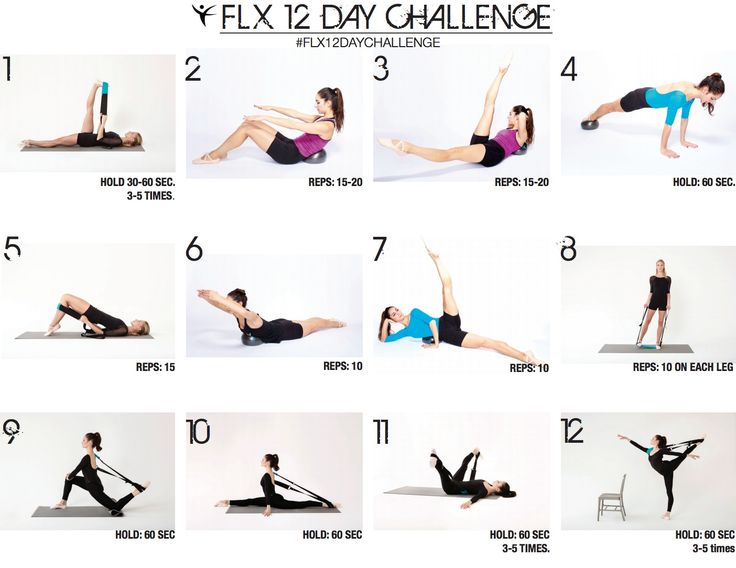
Consistency is Key
Consistency is paramount in any fitness endeavour. Stick to your training plan, making sure to balance workouts with adequate rest and recovery. Overtraining can lead to burnout and injury, so listen to your body and adjust your routine accordingly.
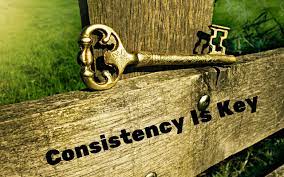
Mental Preparation
Physical fitness tests often demand mental resilience. Practice visualization techniques, where you mentally rehearse each component of the test, visualizing yourself performing with confidence and precision. Positive affirmations and maintaining a positive mindset will also go a long way in boosting your performance.

Nutrition and Hydration
A balanced diet is crucial for fuelling your workouts and aiding in recovery. Focus on a diet rich in lean proteins, complex carbohydrates, healthy fats, and a variety of fruits and vegetables. Stay properly hydrated to ensure optimal performance and recovery.

Get Proper Rest
Adequate sleep is often underestimated in fitness training. Aim for 7-9 hours of quality sleep per night to allow your body to recover, repair, and prepare for the next day’s training.

Simulate Test Conditions
In the weeks leading up to the actual test, try to replicate the testing conditions as closely as possible. This includes the location, time of day, and any specific rules or regulations. Familiarity with the environment can help reduce anxiety and increase confidence on test day.

Conclusion
Achieving success in a physical fitness test requires a combination of dedication, strategic planning, and a disciplined approach to training. By setting clear goals, following a well-structured training plan, and prioritizing mental and physical well-being, you can significantly increase your chances of excelling in any fitness test. Remember, progress takes time, so stay committed and trust in the process. Good luck!











